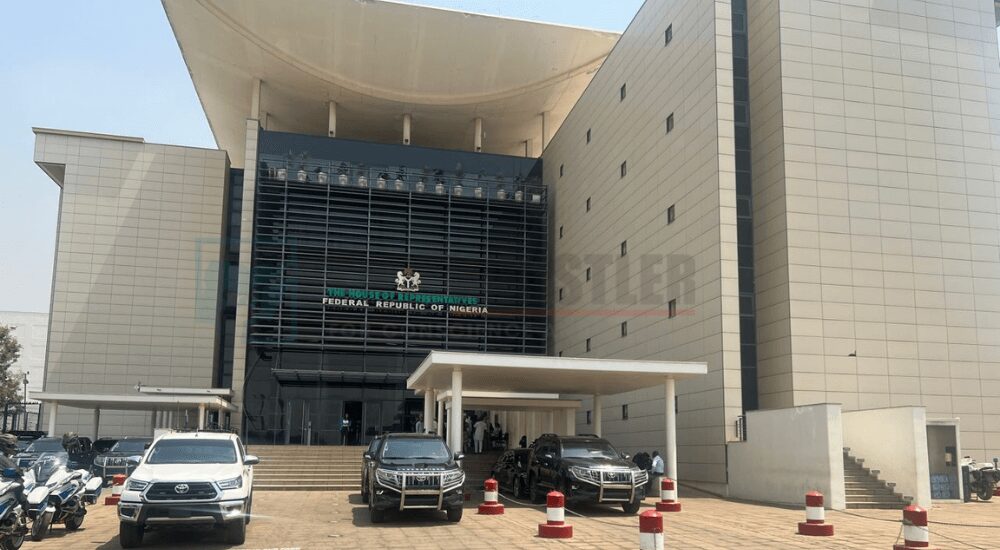Reps Blame Weak Naira, Move To Review 2024 Budget For More External Borrowing
The House of Representatives on Thursday said the 2024 Appropriation Act is no longer realistic in view of the national currency, the naira, which keeps falling against major currencies of the world.
It therefore said there’s immediate need to review the MTEF/FSP, External borrowing plans and FX market with the current exchange crisis in view.
Advertisement
This will enable it to mandate the president to initiate new borrowing plans to enable him to embark on external borrowing more for certain purposes.
The House said, “It has become imperative to review all the items that make up the 2024 Appropriation Act, MTEF/FSP, External Borrowing Plan, FX market and the role of bureaucracy in budget implementation.”
After much consideration, the House resolved to evaluate the prevailing exchange rates’ to understand the value of the foreign exchange in the local currency and how fluctuations impact the purchasing power and overall 2024 budgetary effectiveness.”
The House equally resolved to examine the government anticipated revenue from various sources, “including taxes and other income streams and how these can help to gauge the financial resources available to meet budgetary demands.”
Advertisement
Consequently, the House mandatedthe Committees on National Planning and Economic Development, Appropriation and Finance to undertake the review and report back to it within six weeks for further legislative actions.
The joint Committee is also expected to undertake “a comprehensive assessment of the implications of the foreign exchange on the 2024 appropriation act and determine the method of alignment of the current foreign exchange” in the budget.
This was sequel to the adoption of a motion by Hon. Khalifat Ogbara, on need to evaluate the implicitness of the current exchange rate on the implementation of the 2024 budget.
Ogbara, in her lead debate explained that though the 2024 budget is predicated on N800 per dollar, the current exchange rate hovers at an average of N1,488. 896, to one US Dollar, while Pounds Sterling stands at N1,880. 1779, Euro at NI.609. 3477 and SWISS FRANC at N1,691.3507.
According to her, there is “a causal relationship between the exchange rate movements and macroeconomic aggregates such as inflation, fiscal deficits and economic growth.
Advertisement
“Evidently, the persistent fluctuation of the exchange rate trended with major economic variables such as inflation, GDP growth, and fiscal deficit/GDP ratio in Nigeria, presently.”
She explained that a change in exchange rate usually affects the prices of imported goods, as well as domestic products that rely on imported parts and raw materials.
The lawmaker added that the “exchange rates also impact investment performance, interest rates, and inflation and can even extend to influence the job market and real estate sector.”
Furthermore, Ogbara stated that “the major snag that stemmed from the distortionary impact of the foreign exchange regime, the 2024 Appropriation Act Would be difficult to implement due to foreign exchange volatility.
“Definitely, the exchange rates have already caused a major wide variances in Personnel Cost, Recurrent Expenditures and Capital Costs appropriated to the various Ministries, Departments and Agencies.”



